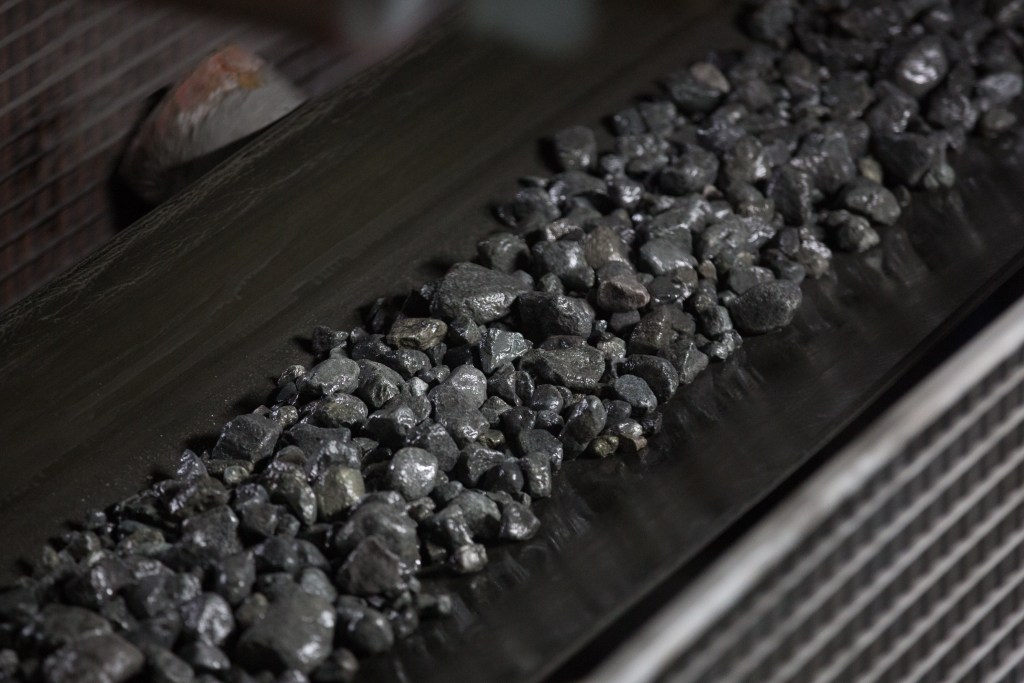The discovery that what was believed to be a small, moderately valuable store of nickel held in a Dutch warehouse was, in fact, a store of worthless rocks has roiled the scandal-ridden world of metals trading—and caught some of the world’s most powerful institutions in a web of intrigue.
Last week, as Bloomberg reported, the London Metal Exchange, or LME, found that bags that supposedly contained 54 metric tons of nickel worth about $1.3 million did not, in fact, hold nickel, but instead simply stones. While fraud is rife in the metal storage industry, all of this came as a surprise because LME-warranted stores of metal are universally believed to actually contain the metal they’re supposed to.
Videos by VICE
The plot thickened when it was revealed yesterday that the unlucky owner of the useless stones was JPMorgan Chase. The owner of the warehouse in question, Access World, for its part said in a statement quoted by the Wall Street Journal that this was “an isolated case and specific to one warehouse in Rotterdam.” Access World was owned by Glencore, the world’s largest commodities trader, until January.
Do you know anything whatsoever about what is happening here? Contact us at tim.marchman@vice.com or on Signal at 267-713-9832.
Today, though, Bloomberg reported the Trafigura Group is also the unlucky owner of stones falsely purporting to be nickel, which had been held in the same Dutch warehouse as JPMorgan Chase’s rocks. (Trafigura, one of the world’s largest commodity traders, announced in February that it was facing more than $500 million in potential losses after it found that large quantities of nickel it had bought were not, in fact, nickel.) The material was discovered to not actually be nickel after being shipped to and weighed in New Orleans.
All of this means that some of the world’s most powerful commodities traders are, at least in some cases, perhaps not very good at identifying the commodities they are trading.
It appears that this missing nickel is unrelated to the more than $500 million worth of missing nickel, over which Trafigura is currently engaged in a legal dispute with Indian businessman Prateek Gupta. The Financial Times reported last month that according to court documents, Gupta asked to put off an inspection of the nickel cargo two days before it was scheduled, claiming that he had had a heart attack.
“I would need you to stall inspection,” he reportedly wrote to Trafigura in a WhatsApp message, “to avoid any issues between us.” (The company reportedly ignored him and subsequently found near-worthless carbon steel in the shipment rather than valuable nickel.) A spokesperson told the FT that Gupta is currently preparing a “robust” response to Trafigura’s accusations that he defrauded them.
The FT reported today that Trafigura’s chief executive, in yet another apparently unrelated development, called at the paper’s global commodities summit for reform of LME’s nickel benchmark; as of now it’s oriented around a form of nickel different from that used in hybrid-vehicle batteries, which are becoming the most important application for the metal. He also assured all that no one at his company was involved in the alleged half-billion dollar nickel fraud, while mentioning that unspecified changes would be taking place.
More
From VICE
-

Photo: drante / Getty Images -

Photo: dbvirago / Getty Images -

Credit: DuckDuckGo -

Photo: Oleg Breslavtsev / Getty Images
